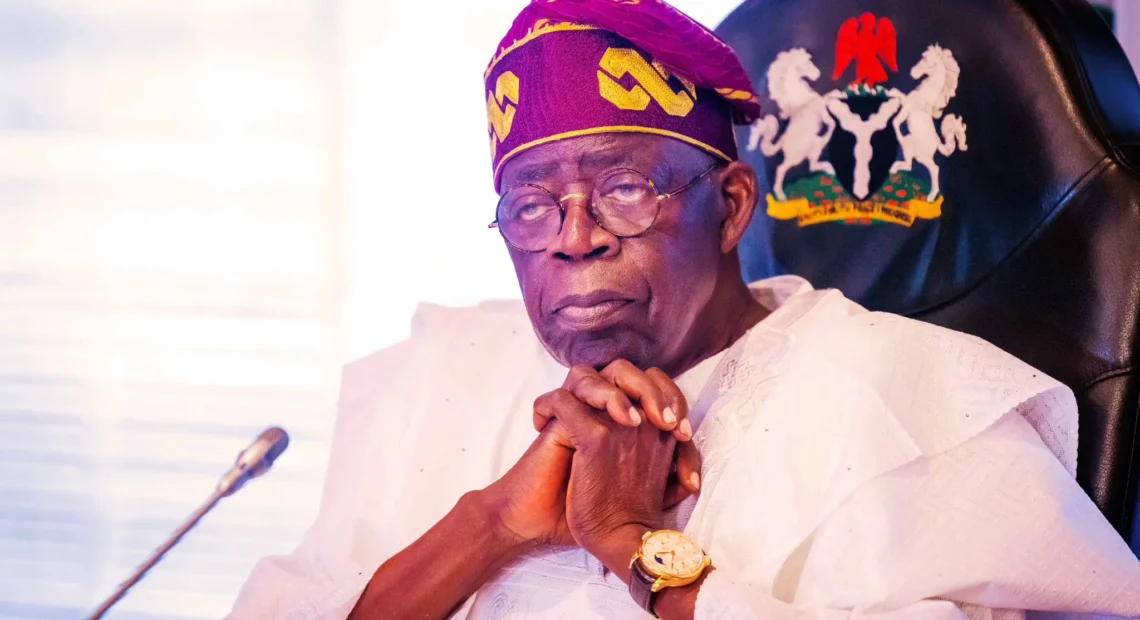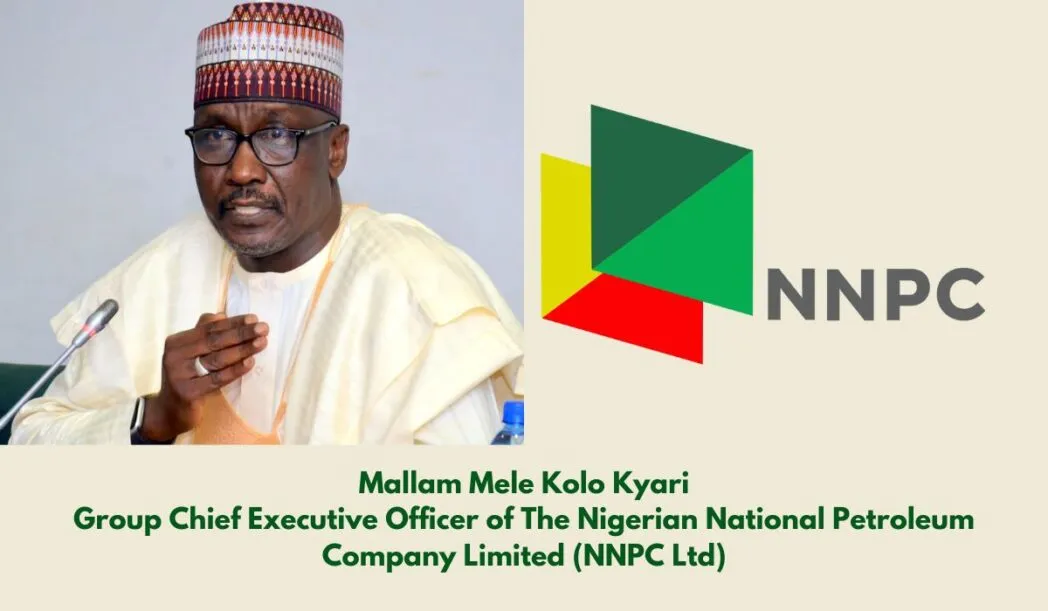A forensic linguistic analysis of Tinubu’s New Year message

Theophilus Abbah
President Bola Ahmed Tinubu’s New Year message to Nigerians on January 1, 2025, was the most optimistic of his speeches since he became president 19 months ago. In the speech, he acknowledged hardship in the country as a result of his so-called reforms. Tinubu highlighted positive economic trends, like decreasing fuel prices, trade surpluses, increased foreign reserves, and the strengthening of Naira.
He touched on the “hopes, aspirations, and prospects for better days” in 2025, promising that inflation would reduce to about 15 per cent in the new year. These positive impacts must be sustained for a period of, at least, six months or one year, to convince Nigerians that they are the products of the government’s policy measures. On the issue of foreign exchange, some economists have projected that the Naira could depreciate to about N1804/$1 before the end of the year. Such projection shows that the monetary policies that stabilized the Naira at N1,600/$1 may not last too long.
Another positive dimension is that the speech outlined concrete plans and initiatives, such as the National Credit Guarantee Company and the National Values Charter, demonstrating a proactive approach to addressing challenges. With a tone of optimism, the president encouraged citizens to believe in the future of Nigeria.
 Despite this positive mood, the speech was still about the things the government hoped would happen in the future, not what it has achieved in the past 19 months. This is apparent in the future tense in the speech, as analysed below:
Despite this positive mood, the speech was still about the things the government hoped would happen in the future, not what it has achieved in the past 19 months. This is apparent in the future tense in the speech, as analysed below:
- “Will” + Base Form of Verb: This is the most common way to express future actions in English. It’s prevalent throughout the speech, having been used at least seven times in the speech of 846 words.
- Examples:
- “will bring brighter days.”
- “will intensify efforts”
- “will further consolidate and increase access to credit”
- “will establish the National Credit Guarantee Company”
- “will begin in the first quarter of 2025″
- “will unveil the National Values Charter”
- “will launch an ambitious national orientation campaign”
- Examples:
- “Be Going To” + Base Form of Verb: While less frequent than “will,” this construction is also used to express plans and intentions.
- Example:
- “The Company — expected to start operations before the end of the second quarter”
- Example:
- Present Continuous Tense for Future Arrangements: This tense is used to describe future events that are already planned or scheduled.
- Example:
- “The Youth Confab will begin in the first quarter of 2025″
- Example:
Other Notable Features:
- Time Adverbs: Words like “in 2025,” “in the first quarter,” “before the end of the second quarter,” and “in the months ahead” are used to specify the time frame of future actions.
- Modal Verbs: While not strictly future tense, modal verbs like “can” and “must” are used to express possibility, necessity, and obligation in the context of future actions.
- Example:
- “they can produce the desired outcomes”
- Example:
As it were, the speech focused on plans and aspirations, rather than explicitly stating the fulfillment of past promises. For a country that has been living with disappointments, the speech brought little hope to the people. It was on record that former President Muhammadu Buhari kept talking about the future benefits of his economic policies, even eight years into his administration. At a point, many Nigerians no longer believed those promises.
Though Tinubu mentioned some positive economic indicators that could be interpreted as evidence of progress, Nigerians are yet to feel the impact of the developments. In summary, below are some of such positive developments:
- Decreased fuel prices: This suggests that previous efforts to address fuel costs may have been somewhat successful.
- Foreign trade surpluses: This indicates that export-oriented policies may be yielding positive results.
- Rising foreign reserves and a strengthened Naira: These suggest improvements in economic stability and investor confidence, which could be attributed to previous government policies.
- Record growth in the stock market: This could be seen as a positive outcome of economic reforms and investor confidence.
The president failed to show inclusivity or connection to the reality that the people face
Perhaps, the speech would have made more impact if the writers had been a bit specific. For instance, while the president mentioned “economic indicators point to a positive and encouraging outlook,” he should have provided specific numbers, which would have strengthened the message. Instead of saying “fuel prices have gradually decreased,” he could have stated, “Fuel prices have decreased by X% since 2026.”
Secondly, the president failed to show inclusivity or connection to the reality that the people face, by his failure to give specific examples when he talked about the challenges facing the people. He should have briefly addressed specific concerns raised by different segments of the population. For instance, there were reported bomb attacks in Niger State a few days to Christmas. References to how the economic reforms would affect farmers, students, and the business community would have proved to the people that the president was aware of their challenges.

Chart showing the steady Increase in fuel prices in the first 16 months of Tinubu government. The price is still higher, at N980/litre, at the time Tinubu delivered his New Year speech
The positive development in The Presidency in the last few weeks is that Tinubu has started speaking to Nigerians; the people are beginning to understand the mindset of the president. The maiden media chat in December 2024 was very significant. Though many Nigerians disagreed with the president’s positions on several issues, the media chat provided the opportunity for Nigerians to understand why Tinubu embarked on some measures, considered harsh or anti-people. The chat was far more explanatory than press releases about government policies usually issued by the information and communication unit of the government.
Sign up for The Insight Newsletter
Get in-depth, research and data-based interpretative reports from around Nigeria.



